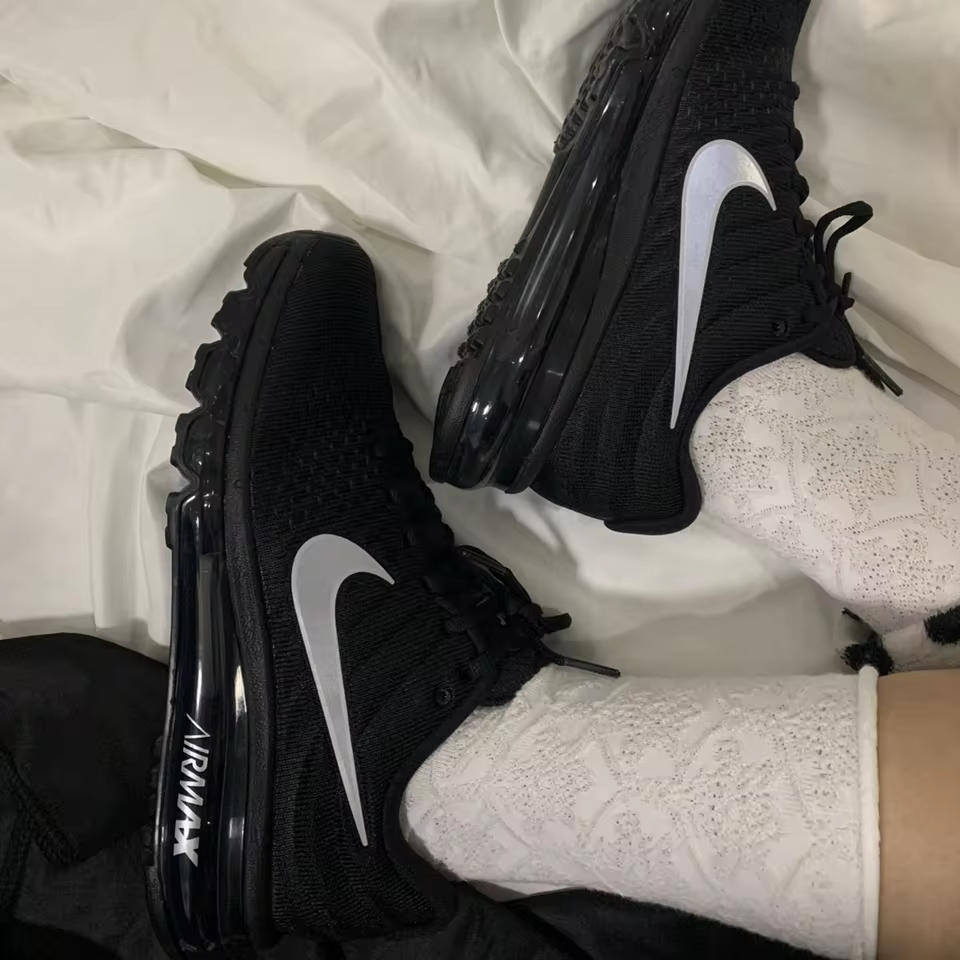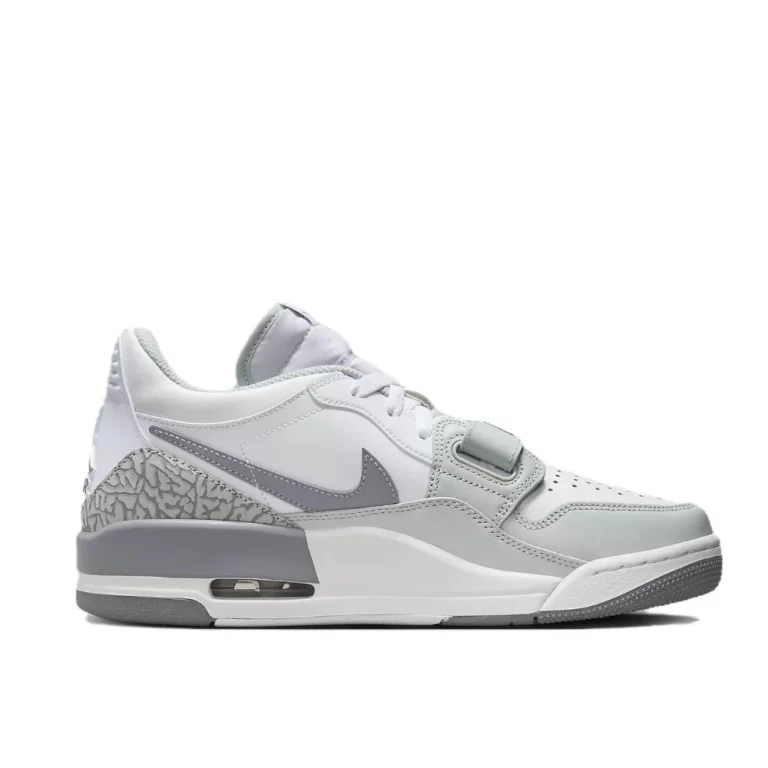Identifying Machine-Washable Sneakers
Before tossing your sneakers into the washing machine, it’s important to determine of can you put sneakers in the washing machine. Not all sneakers can endure the rigorous tumbling and water exposure that comes with a machine wash. To avoid damaged kicks, always check the care label first.
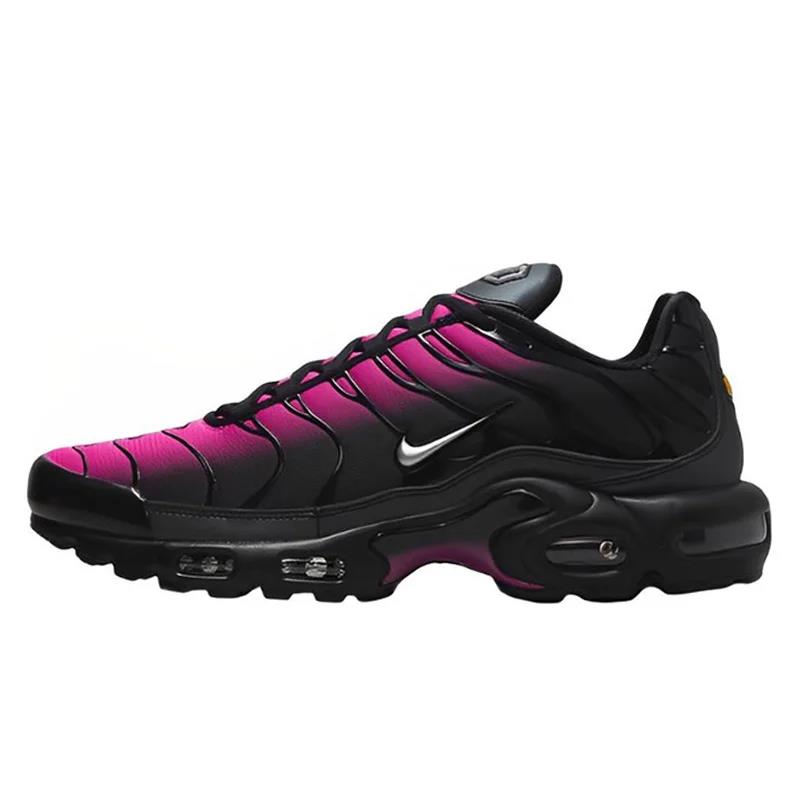
Materials Suited for Machine Washing
When it comes to machine-washable materials, sneakers made from canvas, nylon, cotton, and polyester often handle the process well. These fabrics are durable enough to withstand the spinning motion of the washing machine without falling apart. On the other hand, materials like leather, suede, vinyl, and rubber, as well as shoes with embellishments like beads or sequins, require special care. They should be cleaned by hand or taken to a professional. If your sneakers are made of the machine-friendly materials mentioned, you can proceed with confidence, knowing they are likely to emerge from the wash unscathed.
Preparing Sneakers for Washing
Before you put sneakers in the washing machine, proper preparation is crucial. This ensures a thorough clean without damaging the footwear or washing machine.
Removing Laces and Insoles
Start by taking out the laces and insoles. This allows the washing machine to reach every nook and cranny. It also prevents laces from tangling or getting caught in the machine’s drum. Wash laces and insoles by hand, unless the care label says otherwise.
Cleaning Off Loose Dirt
Next, remove loose dirt from your sneakers. Brush off debris from the surface and soles with a soft brush. Pay special attention to areas that trap dirt, such as around the eyelets and under the soles. Pre-cleaning helps to minimize the mud or dirt that could spread inside your washing machine.
Choosing the Right Washing Machine Settings
Selecting the proper washing machine settings is crucial for cleaning sneakers without harm. Tailoring the cycle to cater to the needs of your footwear ensures both efficiency and safety.
Importance of Cold Water and Delicate Cycles
Cold water is essential when washing sneakers. It prevents damage to both the machine and shoes. The delicate cycle mimics hand-washing, reducing the risk of wear on your sneakers. High temperatures or aggressive cycles can lead to shrinking, color fading, and material warping. Thus, stick to cool temperatures and gentle wash options.
Appropriate Use of Detergent
The right amount of a mild liquid detergent is key. Too much soap can leave residue and potentially ruin the material. Powder detergents should be avoided as they don’t dissolve well and can get stuck inside the sneakers. If in doubt, opt for a liquid detergent and follow the recommended dosage for a small load.
The Washing Process
Properly loading your sneakers into the washing machine is paramount to ensuring they come out clean and undamaged. Here’s how you can do it effectively:
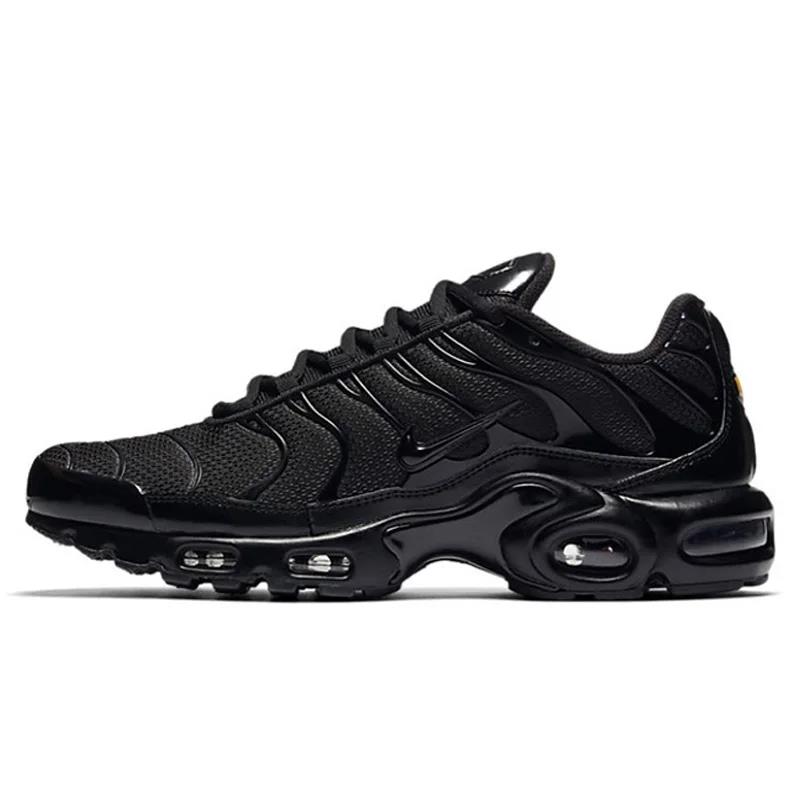
Steps for Loading Sneakers in the Washing Machine
- Use a Mesh Bag: Place your sneakers in a mesh laundry bag to prevent them from banging around in the drum. This reduces noise and protects both your shoes and the washing machine.
- Add Towels: Include a few old towels in the wash cycle. These act as a buffer and minimize the impact on your sneakers during the wash.
- Select the Right Cycle: Set your washing machine to a delicate cycle with cold water. This setting is gentle on the shoes and helps prevent damage.
- Detergent Dosage: Use a small amount of liquid detergent. This is sufficient to cleanse without leaving any residue.
Tips for Protecting Sneakers During Wash
- Avoid High Temperatures: Always use cold water settings to maintain the integrity of the sneakers’ material.
- Balance the Load: Make sure the load is balanced to avoid excessive shaking and potential damage to your washing machine.
- Check Sneakers: Before washing, ensure that all parts like laces and insoles are removed and washed separately if needed.
- Monitor the Shoes: It’s advisable to check the progress mid-cycle, if possible, to ensure everything is going smoothly.
By following these guidelines, you can ensure that your sneakers are washed safely and effectively in the washing machine.
Drying Sneakers Post-Wash
After washing your sneakers, proper drying is crucial to prevent damage. Never use a clothes dryer or expose them to direct heat sources like radiators or sunlight, as this can warp the fabric and melt adhesives. Instead, follow these air-drying techniques to ensure your sneakers dry effectively and maintain their shape.
Air-Drying Techniques
To air-dry your sneakers, first remove excess water by gently pressing with a towel. Avoid wringing them out, which can distort their shape. Fill the insides with paper towels or clean rags to help them retain their form and to absorb moisture from the inside. Place the sneakers in a well-ventilated area, away from direct sunlight and heat sources. You might hang them in a shaded outdoor spot or near an indoor fan. Rotate or reposition them occasionally to allow even drying.
Avoiding Heat Sources
Heat can be detrimental to sneaker materials, causing shrinkage, fading, and structural damage. Always air-dry your sneakers in a cool, shaded area. Avoid placing them near heaters, fireplaces, or in direct sunlight. If you’re drying indoors, choose a room with good airflow to speed up the process without using heat. By following these guidelines, you can ensure your sneakers dry properly and last longer.
Additional Tips for Sneaker Care
Caring for your sneakers doesn’t end with a wash. Regular upkeep is essential.
Routine Maintenance Tips
To keep your sneakers in top shape, routine care is crucial. Here are a few simple steps to follow:
- Wipe Off Dirt After Each Use: Quickly brush away any dirt or debris after wearing your sneakers to prevent buildup.
- Use a Protective Spray: A waterproof spray can help protect against stains and water damage.
- Store Properly: Keep your sneakers in a cool, dry place. Use shoe trees or paper to retain their shape.
- Rotate Your Sneakers: Don’t wear the same pair daily. Rotating allows them to air out and reduces wear.
When to Opt for Professional Cleaning
Sometimes, a machine wash won’t suffice. Here’s when to consider a pro:
- Material Sensitivity: If your sneakers are made of delicate materials like suede or leather, seek professional care.
- Stubborn Stains: For deep-set or complex stains, professionals have the right tools and expertise.
- Structural Issues: If your sneakers have tears or detachment, a professional can repair them properly.
Regular care and knowing when to seek expert help will keep your sneakers looking and feeling great.
Common FAQs About Washing Sneakers
When it comes to machine-washing sneakers, you might have some questions. Here are some quick answers:
Can you put all sneakers in the washing machine?
Not all sneakers should go in the machine. Check labels for care instructions first. Fabric sneakers like canvas and polyester are usually safe. Sneakers made of leather, suede, or decorated with embellishments need special care.
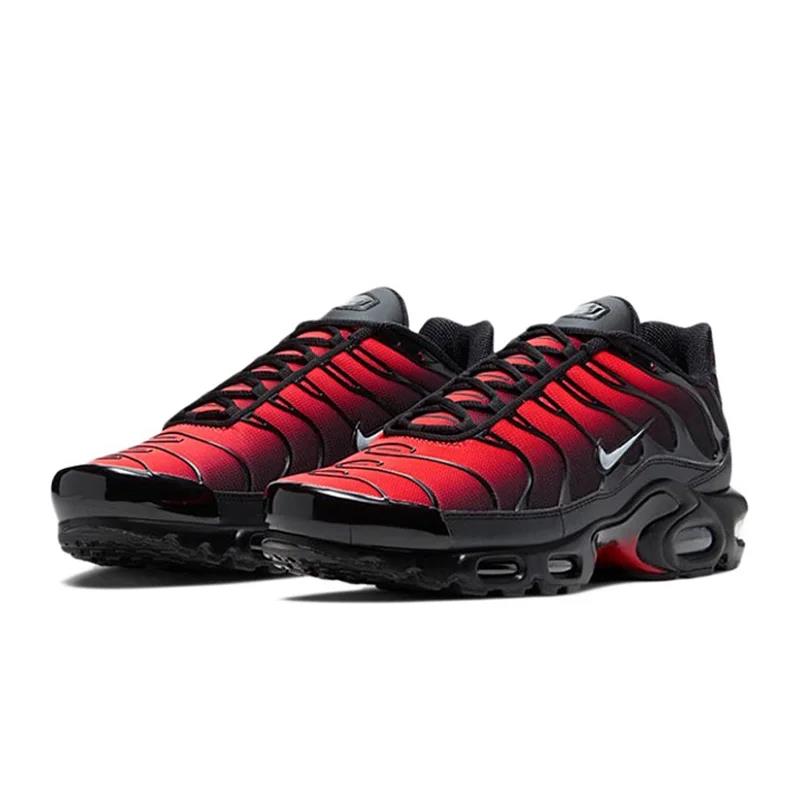
How often should you wash sneakers in the machine?
Wash them as needed, but not too often to avoid wear. If you use them daily, a weekly spot clean might be enough. For a full wash, only when they’re visibly dirty or smell bad.
What should you avoid when machine-washing sneakers?
Never use hot water, as it can damage the fabric and cause shrinking. Skip bleach and opt for a mild liquid detergent. Don’t use the dryer; air-drying is best for preserving the shoes’ shape and material.
What else can you do to keep your sneakers clean?
Regular brushing off dirt helps. Use protective sprays for added defense against stains. When not in use, keep them in a dry, cool spot.
When should you opt for professional cleaning over machine-washing?
Choose professional cleaning for sneakers with delicate materials or when dealing with tough stains and wear. Experts have the right techniques and equipment to handle these issues.
By addressing these common concerns, you can maintain your sneakers’ longevity and keep them looking fresh and clean.
